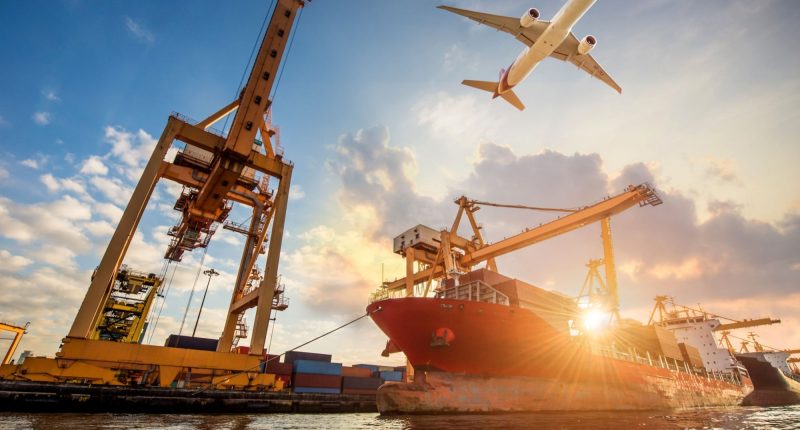Opinions expressed by Entrepreneur contributors are their own.
You’re reading Entrepreneur Middle East, an international franchise of Entrepreneur Media.
Entrepreneur Middle East and Lucidity Insights have partnered once again to publish a special report, powered by DP World, that focuses on the intersection of sustainability and trade.
Titled Sustainable International Trade for a Resilient Future, the report discusses the journey to net zero that many companies in the industry -including shipping lines, port operators, and freight transport players- must make in the coming decade, in order to achieve net zero targets by 2050.
Trade has been inextricably linked to the growing prosperity of the global economy, but while the global economy has grown 100x in the past 60 years, trade volumes have grown exponentially faster, at a rate of 250x since the 1960s. Today, global trade accounts for 25% of the world’s gross domestic product (GDP), indicating how interconnected and globalized our supply chains have become, and how integral the movement of goods across the world is to countries and companies around the world.
At the same time, with the world producing and moving more materials and goods, we are all seeing consumerism and the transportation of goods across the world on the rise, which are putting our ecosystems under great strain. It is estimated that freight transportation accounts for 8% of global greenhouse gas (GHG) emissions.
Decarbonization is thus no small matter. To reach net zero goals by 2050, the world has less than 30 years to ensure that all ships are electrified, instead of running on combustion engines. That also means that ports will have to produce enough electricity, and re-configure infrastructure to charge up ship’s batteries in an efficient manner when they are docked. All the robots, cranes, and trucks at the port must also be electrified. All long-haul trucks and last-mile delivery players carrying goods overland to their final destination must also have an electrified fleet. What’s more is that all of these players must ensure that the electricity they are powering their vehicles and machinery with are sourcing it from renewable sources. Suddenly, the task seems more complex, and time feels like a precious commodity.
Though these are all very imaginable and possible scenarios, time is of the essence. Electrified ships and ferries are available today, but few ports have the ability to power them; out of those that can power them, few provide access to renewable electricity. Shipping vessels have an average lifespan of 30 to 50 years; so, if a ship is ready to be retired in the next decade, it undoubtedly needs to be replaced with an electrified version. But if the infrastructure is not there to power it, then the world will ensure decarbonization does not happen for the next 30 to 50 years.
The same issues exist with electric trucks, cranes, and robots. There are long delivery times for these critical pieces of machinery; some electric port equipment currently have two-year-long waitlists for orders to be delivered. And if delivery cannot be met in time, then companies are forced to purchase combustion engine machines to keep critical operations going– unfortunately, most of these machines have 20-year life spans that will delay our decarbonization progress.
Ban Ki-moon, former United Nations Secretary General, once said it best, “Saving our planet, lifting people out of poverty, and advancing economic growth… these are one and the same fight.” Fortunately, some of the world’s biggest companies with sizeable reach and impact -such as DP World– are taking all of this into consideration.
In the report, Maha AlQattan, DP World’s Chief Sustainability Officer, speaks to us about the global net zero mandate that is driving strategic initiatives being deployed across regional and local teams around the world. DP World’s strategic sustainability initiatives are being driven by a diverse network of sustainability managers, and over 80 sustainability “champions” across the organization. The report also takes a look at up and coming trade technologies (also known as tradetech), the important role that humanitarian logistics play in the world today, the intersection of food security and trade, sustainability practices in maritime trade, and the UAE’s sustainable trade policies, and various other trends in sustainability and trade.
Download the full report by clicking here.
This article is from Entrepreneur.com









